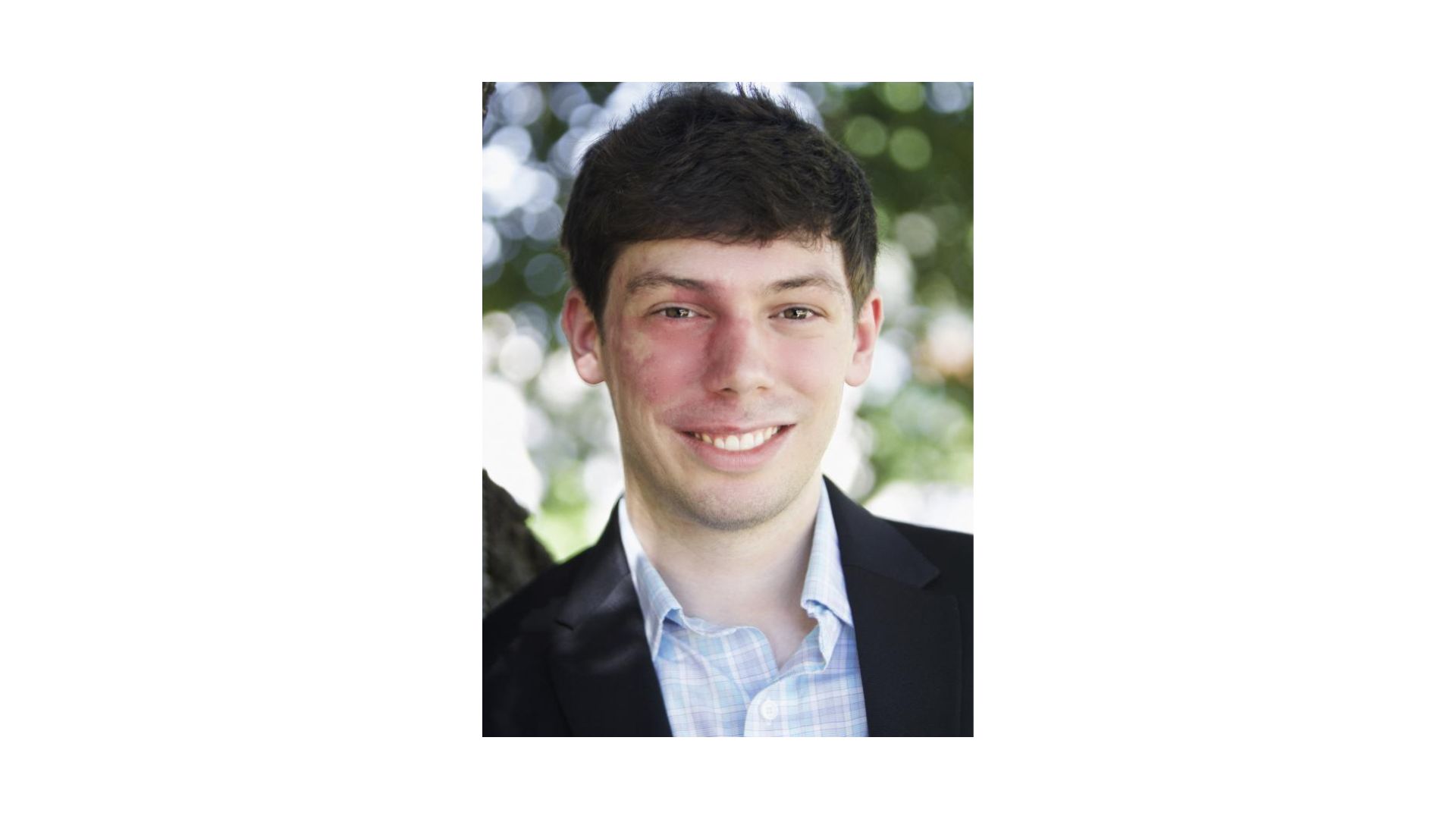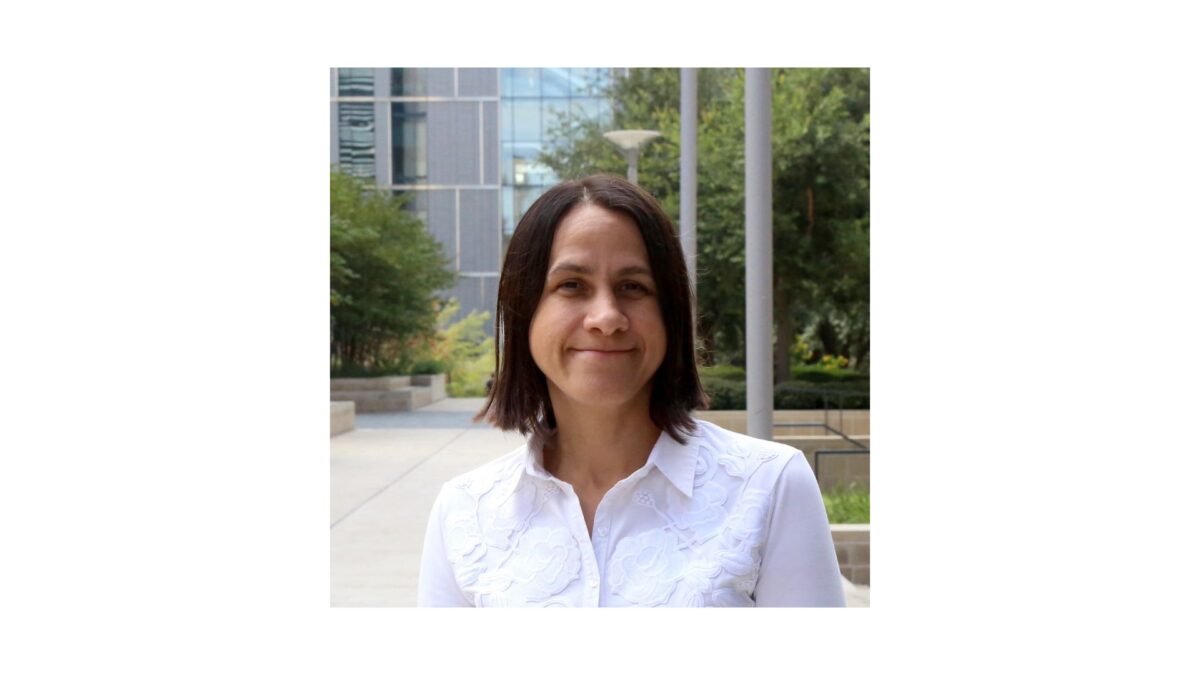
- This event has passed.
Physics-Informed Bayesian Optimization: A Sequential Learning Framework for Accelerating Scientific Design and Discovery (Joel Paulson, Ohio State)
January 10 @ 9:30 am - 10:30 am

Abstract:
Bayesian optimization (BO) is a powerful tool for optimizing non-convex black-box functions that are expensive and/or time-consuming to evaluate and subject to random noise in their observations. Many important real-world science and engineering problems belong to this class such as optimizing over high-fidelity simulations, tuning hyperparameters in machine learning algorithms, and material and drug discovery. Traditionally, BO has been deployed as a purely black-box optimizer. However, this black-box approach can lead to significant performance losses, especially in high-dimensional, intricately constrained design spaces, such as those appearing in materials and molecular optimization problems. In most real-world applications, however, only a portion of the model is unknown, creating opportunities for (significant) performance gains by effectively “peeking inside of the black box.” In this talk, I will discuss “physics-informed” Bayesian optimization (PIBO) methods recently developed by the Paulson Lab, which leverage known problem structure to achieve state-of-the-art performance. One such approach, MolDAIS, is designed for molecular property optimization under strict evaluation budgets. MolDAIS is built on the insight that relevant properties often depend on a small subset of molecular descriptors, which we show can be actively learned from data using sparsity-inducing probabilistic machine learning models. I will demonstrate MolDAIS’s effectiveness on several molecular design benchmarks. I will also highlight an exciting real-world experimental collaboration where we used a MolDAIS variant to find candidate materials with specific energy and cycling stability substantially exceeding current state-of-the-art organic electrodes in aqueous zinc-ion batteries, including candidates that are synthesizable at a fraction of the cost.
Biography:
Joel Paulson is the H.C. Slip “Slider” Assistant Professor of Chemical and Biomolecular Engineering at The Ohio State University (OSU) where he is also a core faculty member of the Sustainability Institute (SI) and an affiliate of the Translational Data Analytics Institute (TDAI). He joined OSU in 2019 after completing his Ph.D. at the Massachusetts Institute of Technology (MIT) in Chemical Engineering and a subsequent postdoctoral appointment at the University of California, Berkeley in systems and control theory. He has received several awards including the NSF CAREER Award, the AIChE 35 Under 35 Award, the Best Application Paper Prize from the 2020 IFAC World Congress, and the OSU Lumley Research Award. His research interests are mainly in the areas of data-driven optimization, physics-informed machine learning, and model predictive control. Methods developed by the Paulson group are being applied to a variety of next-generation biochemical systems including continuous pharmaceutical manufacturing, chemical looping combustion, sustainable battery systems, and non-equilibrium plasma jets.
